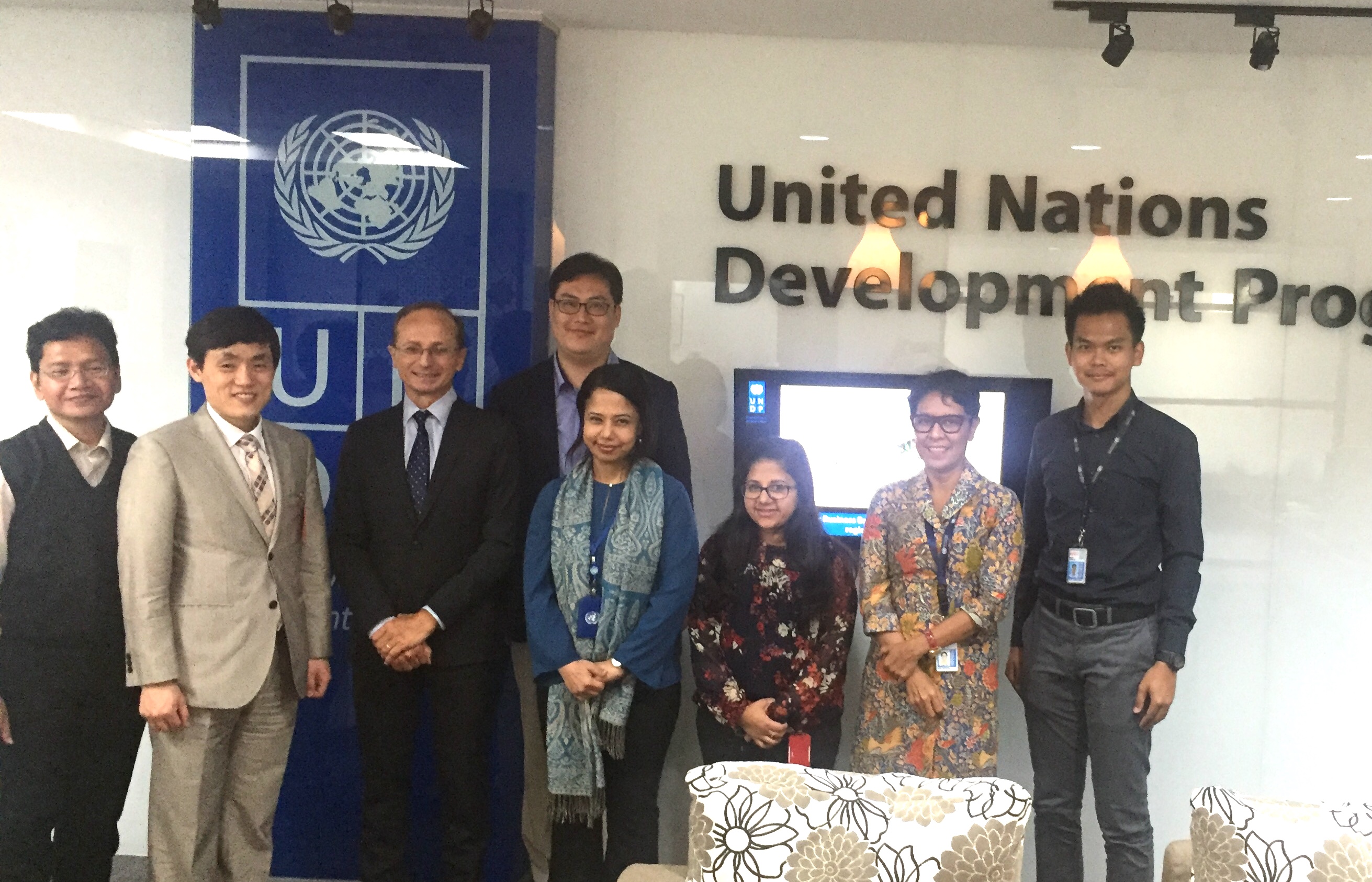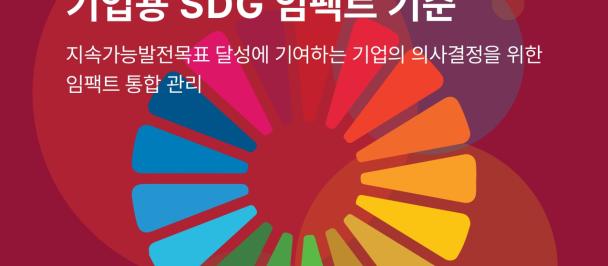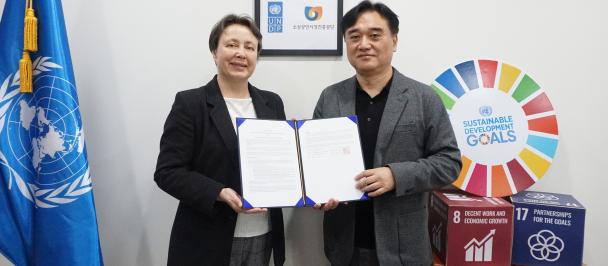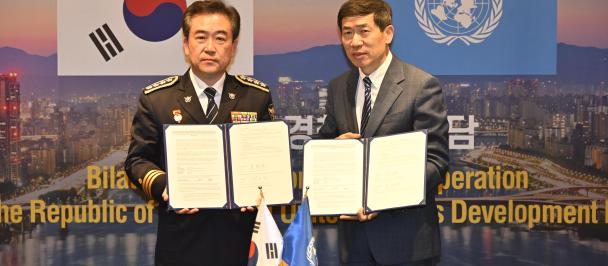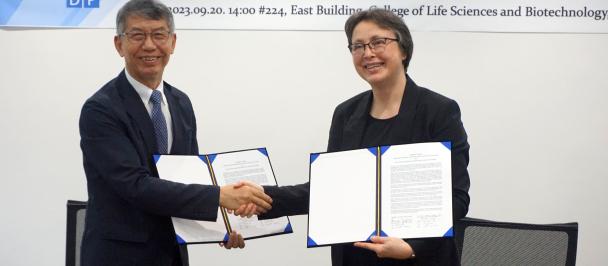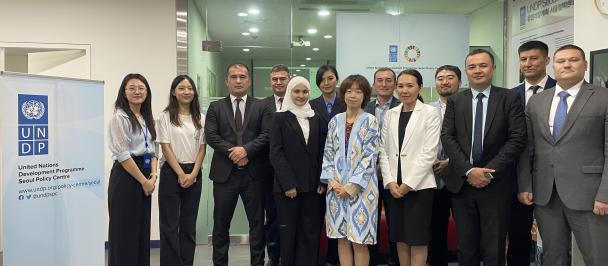The Republic of Korea’s management of sewage and wastewater has developed remarkably over the last 50 years, overcoming poverty and destruction left by the Korean War. It was only by 1976 that the government had built the country’s first sewage treatment system, which has now become a model case for addressing issues such as water pollution and public hygiene. This achievement makes Korea’s unique experience timely for countries that are looking to implement their own sustainable wastewater management policies.
UNDP Seoul Policy Centre has worked with national counterparts to share these policy tools and experience with developing countries through its Development Solutions Partnership (DSP) programme. Late last year, Indonesia was selected in a competitive process to take part in the wastewater management DSP. The decision was based on a variety of factors. Indonesia, for instance, has shown strong political will and government support, which can help lead to effective action. Furthermore, UNDP Indonesia has been spearheading initiatives on environment and sustainability, including issues of climate change, forestry, and sustainable energy.
The current partnership centers around the Citarum River, the largest river in West Java, which has also become one of the world’s most polluted waterways. Cleaning up the Citarum River has become an important priority for the Indonesian government. The river’s wastewater has deteriorated conditions for public health, agricultural and fishery production, and the province’s highly diverse and inter-connected ecosystem. Over the next year, the DSP will work with relevant partners and experts to address and clean up the industrial wastewater discharge of the Citarum River.
As part of the partnership, a delegation of UNDP Seoul Policy Centre and the Korean Environment Corporation (K-eco) traveled to Indonesia from the 25th to 28th in March. The mission focused on acquiring an in-depth understanding of the challenges key stakeholders, such as the national government, local government, and private companies, face in the implementation of wastewater policies and effective wastewater treatment options. Accordingly, meetings with the Ministry of Industry, the Environment Office of West Java, the local Korea International Cooperation Agency (KOICA) office, and select research centers were organized with the joint support of the UNDP Indonesia office.
A key component of the mission was to visit the four industrial sites - pulp and paper, textiles, food and beverage and molding - that stand in proximity to the Citarum River. This visit allowed the delegation to observe Indonesia’s current industry-specific wastewater treatment practices and challenges. More importantly, it allowed technical experts from K-eco to comprehensively understand the discrepancies between different industries, the facilities in use, and practical constraints. This enabled K-eco specialists, like Dr. Jin-Woo Jeong, Deputy General Manager of the Global Business Team, to provide on-site technical advice and help provide contextualized, sustainable solutions for Indonesia and the Citarum River. “An interlocking system that simultaneously measures and controls pH levels would be highly beneficial for the wastewater treatment process among these industries,” added Mr. Ho-Joong Kim, Manager of the Department of Living Environment Safety, POPs Monitoring Team at K-eco.
“Korea’s experience on cleaning up the country’s own Han River serves as vital knowledge for Indonesia and the Citarum River,” said Mr. Teddy Caster Sianturi, Head of Center for Green Industry at the Ministry of Industry. “We are looking for support on applicable technology and know-how on how to encourage these industries to implement green policies.”
A study mission for the Indonesian delegation will be organized later this year to Korea, with the objective of learning how sustainable policies and standards were implemented and conducting training programs based on Korea’s wastewater treatment practices. “Thanks to the study mission to Indonesia, we were able to understand and see in-person the challenges Indonesia currently faces,” said Dr. Sarwat Chowdhury, Policy Specialist at UNDP Seoul Policy Centre. “We plan to work with our Korean and Indonesian partners for a more comprehensive approach and contextualized solution for cleaning up the Citarum River, based upon the specific needs found during the mission,” she added.

 Locations
Locations